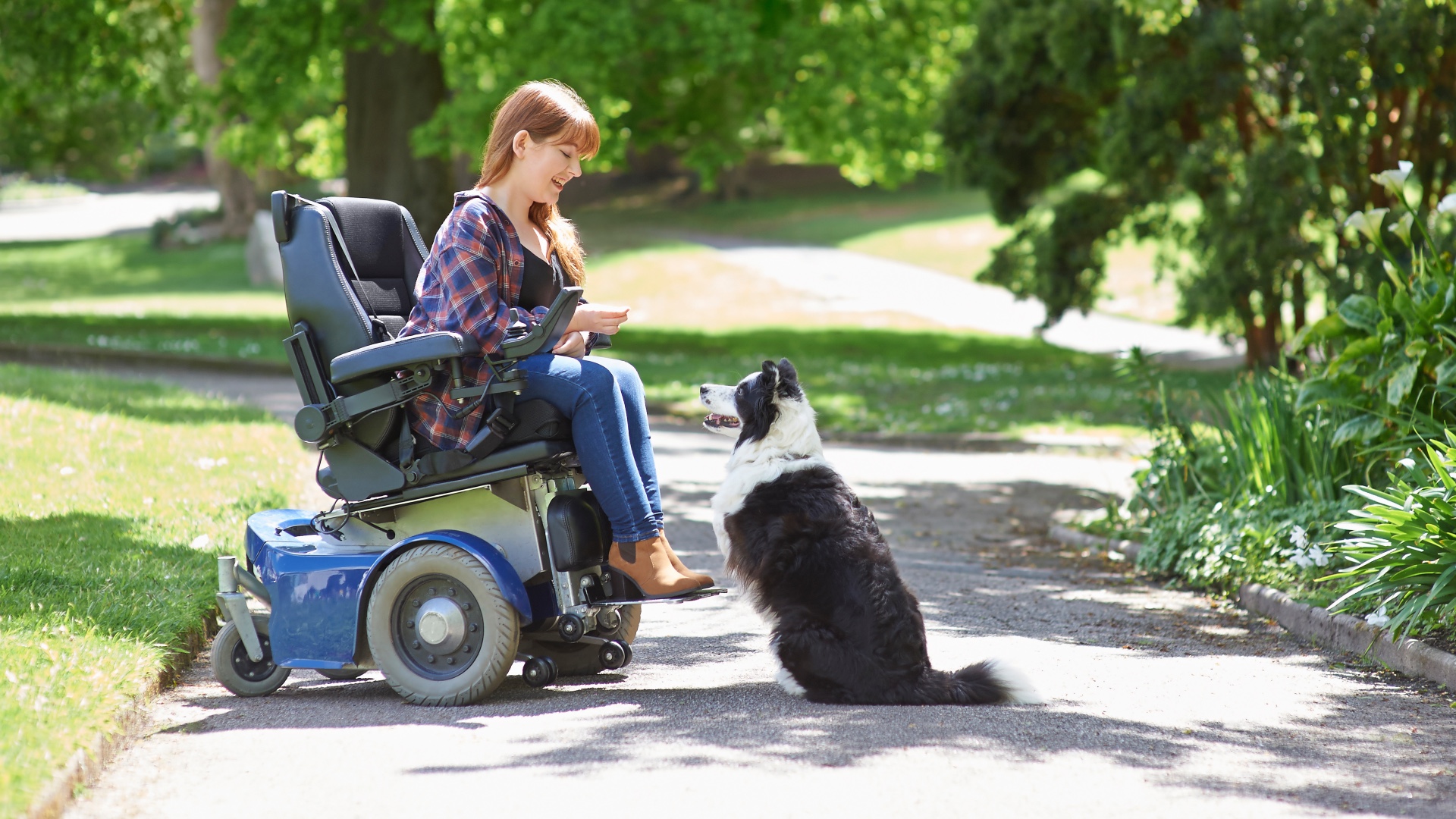
Have you just welcomed a new puppy into your family? Congratulations! There's no denying that our smallest fur friends can bring so much joy to our lives, but as you're probably already discovering, there's plenty to learn when it comes to being a new puppy parent.
From trying to figure out which of the best puppy toys are worth the investment to navigating the unexpected puppy blues that can hit you during the first year of your little ones life, having a puppy in the house gives you plenty to think about — and plenty of challenges to overcome.
Chief amongst them? Learning how to prevent the most common puppy behavior problems before they turn into lifelong issues. Thankfully, certified trainer Carolyn, who is also the founder of Good Dog Training, has come to the rescue with a handy Instagram post where she reveals her top tips for preventing behavior problems. Let's take a look...
1. Practice separation: "Teach your puppy how to be alone by leaving them for short periods early on," Carolyn recommends. "This could be that your puppy is behind a baby gate while you sit on the couch five feet away. This could be that your puppy spends a few minutes in another room or in the yard without you. Make sure to give plenty of fun chews and toys, and start small. This helps prevent separation anxiety."
2. Expose them to lots of new people: Do this in a way that your puppy enjoys and before they reach 12 weeks of age. "Note that this does not mean new people have to touch your puppy," explains Carolyn, "this means that you allow your puppy to sit in your lap and watch people pass by at a park while you give them treats. This helps prevent aggression in dogs."
3. Expose them to other dogs: Once again, Carolyn recommends doing this in a safe way before your puppy reaches the three-month mark. As with people, it's best to start off with your puppy on your knee and reward them with plenty of treats as other dogs go past.
4. Practice trades: "Instead of just taking stuff from your puppy, trade!" says Carolyn. "Did your puppy just run by with your sock? Trade them a tasty treat for your sock. Ready to take that bully stick away for the night? Trade them for a yummy treat. This helps prevent resource guarding."
5. Drop treats: "Any time your puppy has a chew, a toy, or is eating, walk by and drop a tasty treat for them," Carolyn advises. "You don't need to take their stuff or bug them, simply walk by and drop treats." This is another great way to prevent resource guarding later in life.
6. Avoid bad experiences: Even one bad experience can be hugely problematic for dogs. As Carolyn explains, one attack from another dog can cause reactivity or aggression. One bad experience with a new person can cause fearfulness around new people. "It's important to try to protect your puppy from bad experiences."
7. Start puppy class early: "A good trainer will help you spot early warning signs of potential behavior issues and can help you nip them in the bud," says Carolyn. "A good puppy class also provides fun exposure to new people and other puppies."
8. Handle your puppy: "Focus on ears, mouth, tail, and all four feet and legs. Touch a foot, give a treat. Lift the tail, give a treat. Teach your puppy that being handled is an ok experience. This helps prevent aggression with handling."







